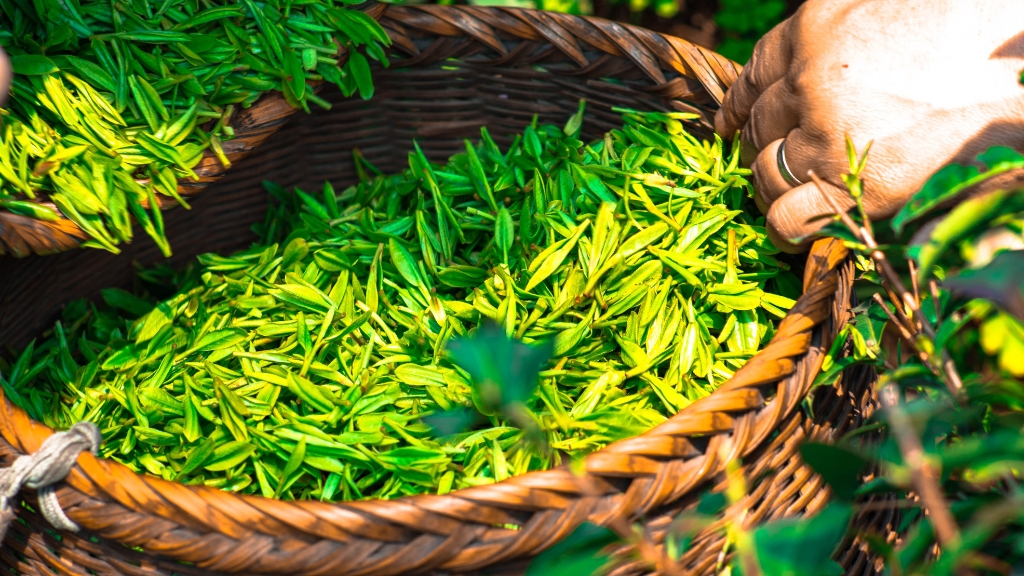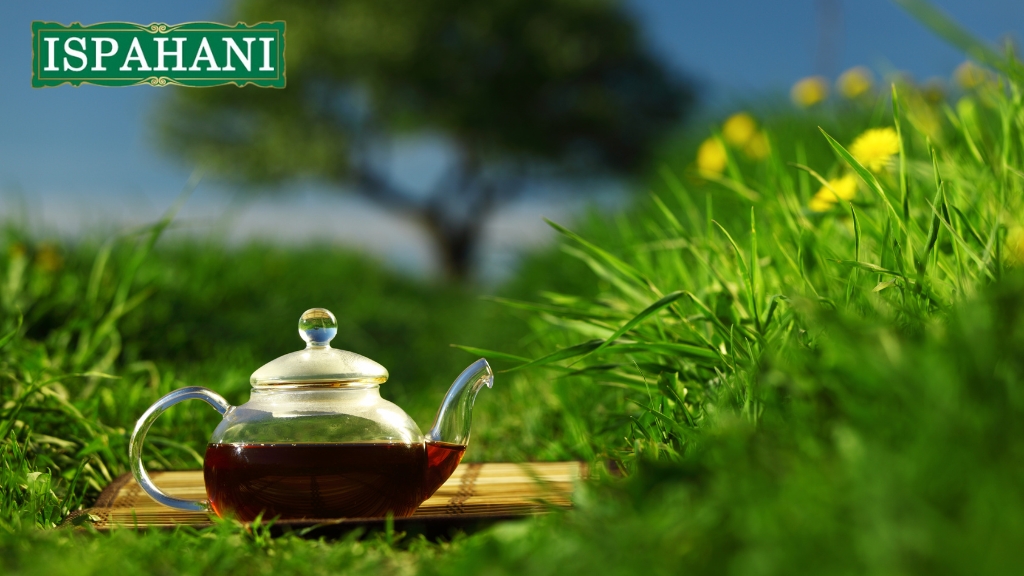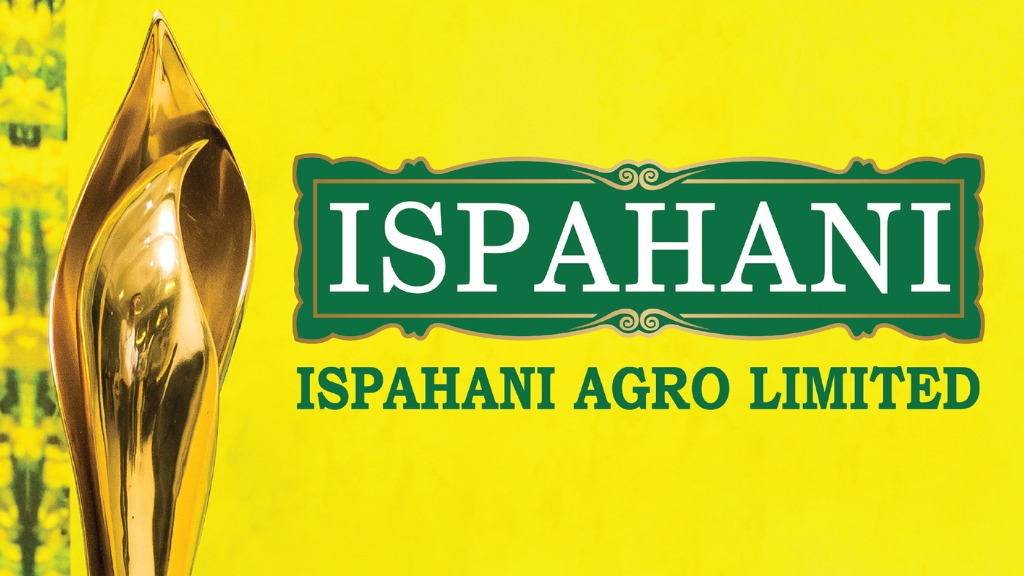| বাংলায় পড়ুন | Researchers and Reporters: Shama Sultana Ayesha Maria |
With a long history in Bangladesh’s tea sector, Ispahani Group is known as the nation’s first international consumer brand. Established by Haji Mohammed Hashim in 1820, this family firm is among the oldest and most reputable in Bangladesh. It moved from Ispahan, Iran, to Mumbai. As the company’s business center was established, it relocated from Mumbai to Kolkata and subsequently from Dhaka to Chittagong.
Establishment and History
Business operations for the Ispahani family started in Ispahan, Iran, in 1820. Haji Mohammed Hashim’s grandson Mirza Mehdi Ispahani assumed control of the company after his death, moving its headquarters from Mumbai to Madras. To expand the business and establish an office in Dhaka, he relocated to several nations, including Egypt.
Later on, Mirza Mohammed Ispahani founded ‘MM Ispahani & Sons’ located in Kolkata. After the country was divided in 1947, the organization’s headquarters were moved from Kolkata to Chittagong, where they are still located today.
Evolution in Bangladesh’s Tea Industry
The Malnicherra Tea Garden in Sylhet was established in 1854, marking the beginning of tea production in Bangladesh. With approximately 116,000 hectares of land and more than 172 tea gardens, the industry has expanded dramatically over time. Due to low productivity and little investment, the tea business has encountered numerous difficulties despite its historical significance as an export commodity. Local output eventually fell short of domestic demand. As a result, Bangladesh is already importing tea to satisfy its rising domestic demand.

Ispahani’s contribution to the tea industry
The Ispahani Group has a reputation for being a trailblazer in the tea sector. The Ispahani family entered the tea business after tea was first grown in British India, rising to prominence in Pakistan and then Bangladesh. Ispahani is currently the most popular tea brand in the nation, maintaining its position despite competition from both domestic and foreign companies.
They have four tea gardens: Neptune (in Fatikchhari Upazila of Chittagong), Mirzapur, Gazipur, and Jerin (in Kulaura Upazila of Moulvibazar District). Tea from these gardens is renowned for being of the highest caliber. The Ispahani Group joined the tea business in the middle of the 20th century. Right from the beginning, Ispahani Group saw the opportunity to control the market.
The renowned Mirzapur Tea Garden was one of Ispahani’s four tea gardens in Bangladesh in the 1960s. However, ownership was not the only factor contributing to its market domination; branding, distribution, and an awareness of customer preferences were also important. In response to Bangladeshi consumers’ desires, Ispahani introduced premium packaged tea under its main Mirzapur brand. By leveraging advancements in packaging, such as double-chamber tea bags and laminated pouches, the brand provided a distinctive taste of tea. Overtaking both domestic and foreign rivals like Lipton Fresh and Ceylon Gold, Ispahani became the market leader in the 1990s.
Production and Marketing
In the 2023–24 season, Bangladesh produced 102 million kg of tea. At the Chittagong International Auction, four gardens owned by the Ispahani Group sold 44 lakh 25 thousand 803.70 kg of tea. The exorbitant prices they charged for their tea are evidence of its great quality.

Competition and Success
Ispahani has kept its top spot despite competition from global corporations because of its high quality and reasonable costs. Their tea goods are just as well-liked by the general public as by wealthy people. Textiles, jute, housing, shipping, education, and healthcare are just a few of the industries in which the Ispahani Group has grown its operations. The corporation, which employs over 20,000 people, is a significant player in the n the country’s economy.
The Contribution of Society
Along with the tea sector, Ispahani Group is also making contributions to healthcare and education. Ispahani Islamia Eye Institute and Hospital is where they are offering their services to the impoverished.
Plans for the future
The Ispahani Group is constantly increasing its investment and output of tea. Offering goods at cheap costs without sacrificing quality has allowed them to become one of the top FMCG companies in the nation.

Leadership and Legacy
Mirza Ali Behrouze Ispahani passed away in 2017, and his brother Mirza Salman inherited the role of Ispahani Group chairman. The Ispahani family currently operates its enormous business empire in Bangladesh with the help of the company’s talented managers and staff, despite having made their home in London.
The Ispahani Group’s extensive history is a testament to their creativity, tenacity, and excellence. With a dedication to client pleasure and ongoing development, Ispahani has become a distinctive brand. They are headed in the correct direction to handle the difficulties of the future, which will guarantee their viability in both the home and international markets.





























Comments